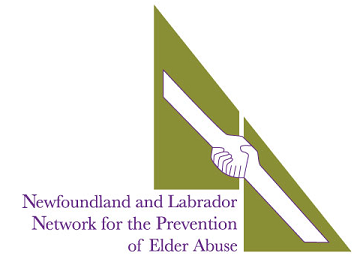There are several different types of elder abuse:
Physical Abuse: Any act of violence or rough treatment causing injury or physical discomfort. Physical abuse also includes sexual abuse and medication abuse.
Physical abuse may include:
- Any kind of physical assault such as slapping, pushing, pinching, choking, kicking, punching, burning, or injuring with an object or a weapon
- It also includes deliberate exposure to severe weather and unnecessary physical restraint
- Force feeding
- Rough handling
- Sexual abuse such as sexual assault or harassment
- Medication abuse, such as withholding prescriptions over overmedicating
Psychological or Emotional Abuse: Any act that may diminish the sense of identity, dignity, or self-worth of an individual.
Psychological abuse may include:
- Name calling, yelling, insulting, ridiculing, swearing
- Threatening abandonment, poverty, withdrawal of love, or institutionalization
- Intimidating, frightening, humiliating, infantilizing (treating like a child)
- Isolation, silent treatment
- Invasion of privacy
- Excluding from decision making or meaningful events
Financial or Material Abuse: Theft or misuse of a senior’s money or property.
Financial abuse may include:
- Theft of money or possession
- Forging a senior’s signature on cheques or other documents
- Misusing power of attorney
- Use of a senior’s money or possessions without authorization
- Unduly influencing a senior to change his/her will
- Sale of home or possessions without senior’s consent or legal authority
Neglect: The failure to meet the needs of an older adult who cannot meet these needs on his/her own. Neglect may have physical, psychological, and/or financial components, and be:
Active: Intentional withholding of basic necessities and/or care;
or
Passive: Non-intentional, non-malicious withholding of basic necessities and/or care because of lack of experience, information, or ability
Neglect may include:
- Failure to provide necessary provisions such as food, water, heat, adequate housing, clothing
- Failure to provide recommended health aids or equipment
- Lack of attention to needed medical or social assessment treatments
- Inattention to safety precautions, including the need for supervision
- Abandonment
Note: A senior’s neglect may also be self-neglect meaning the older person is living in an unsafe or unhealthy manner by choice or ignorance. While this may be distressing to see, it must be remembered that a competent person, of any age, has the right to make choices about their lifestyle and to live at risk if he/she is not a danger to others. However, if you have any concerns about a senior not having the means and supports to access basic necessities or if you feel a senior does not understand the implications and risks of his/her lifestyle, it is suggested that you contact your Regional Health Authority.
